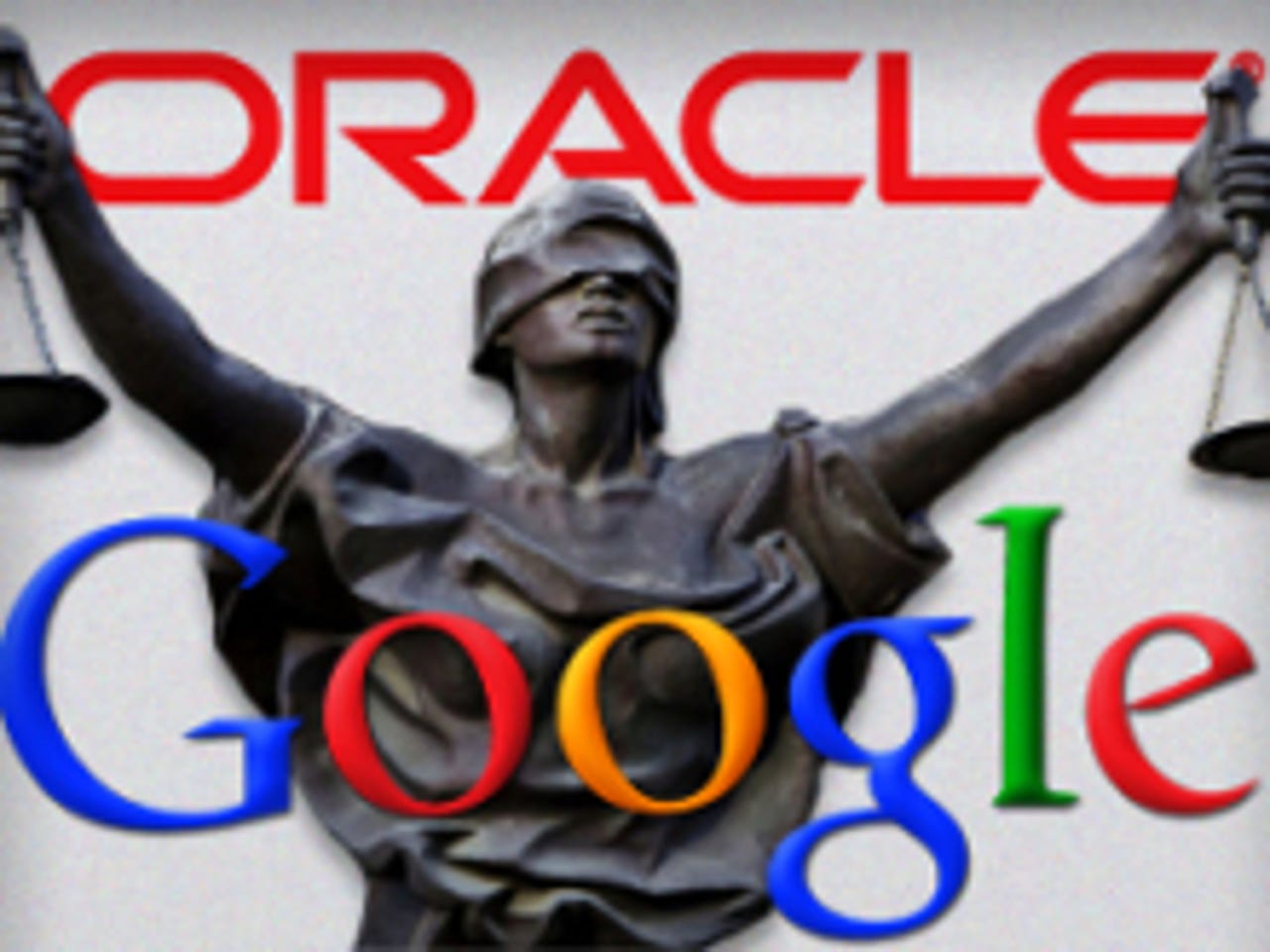Supreme Court decision threatens programmers' API rights

Thanks, Supreme Court. Thanks for nothing.

It's that last part, that APIs can be copyrighted, that makes me want to spit.
You see, as the Electronic Frontier Foundation (EFF) put it, the Court of Appeals decision showed a complete "misunderstanding of both computer science and copyright law. APIs are, generally speaking, specifications that allow programs to communicate with each other, and are different than the code that implements a program. Treating APIs as copyrightable would have a profound negative impact on interoperability, and, therefore, innovation."
For over 30 years, we've used open APIs for almost every program you can imagine. If APIs are subject to copyright, then as Simon Phipps, an Open Source Initiative(OSI) board member wrote, "developers will now need to avoid any API that is not explicitly licensed as open."
David Berlind, Editor-in-Chief of ProgrammableWeb.com, the journal of the API economy, told me in an e-mail interview that "While the final chapter of this saga has yet to play out, the Supreme Court's decision to send the case back to the District Court as a fair use issue has enshrined an important but devastating blow to the API economy; that API's are in fact copyrightable. In an industry where the opposite was assumed for more than three decades, that decision alone will forever rewrite how software law is practiced. It also paves the way for a chilling effect whereby API copyright holders can stifle both competition and innovation through the enforcement of their newfound intellectual property rights. Ultimately, it is the ordinary consumer who will be harmed."
My intellectual property lawyer friends aren't as concerned as my programming analyst buddies. I worry that in the aftermath of this decision software copyright lawsuits may proliferate the way patent troll lawsuits spread like kudzu until the ALICE decision sprayed the legal equivalent of agent orange on bad patents.
Google's defense against Oracle in pictures
Daniel Ravicher, Executive Director of the Public Patent Foundation, said, "I wouldn't worry about that. It's not as easy for ownership of the copyrights in a widely used API to be acquired by trolls."
In an e-mail interview, Eben Moglen, professor of law and legal history at Columbia University, and and Chairman of the Software Freedom Law Center (SFLC), said:
Denials of certiorari aren't rulings on the merits of anything. The Supreme Court has not 'let' APIs be covered by copyright, nor has it not let them. All that happened was that the Court decided not to review a ruling which---as with any ruling below on which discretionary review is sought---the Court has not expressed any substantive view about.
So the law today is exactly the same as the law yesterday, legally speaking.
Second, it's true that the Federal Circuit Court has predicted what the Ninth Circuit would do if it faced this case on its facts. That prediction too is of no legal consequence, because no other Circuit court would have to follow the Ninth Circuit if it ruled as predicted, nor is the Ninth Circuit required to follow the Fed Circuit's guess at its opinion, nor is the Fed Circuit required to follow that ruling in predicting what another Circuit Court (the First, for example) would do in the same case.
I therefore think that the flood of litigation you imagine will be a trickle, rather, and self-suppressing.
In the SFLC and Free Software Foundation (FSF) amicus curiae to SCOTUS on the case, Moglen argued that the Court of Appeals for the Federal Circuit (CAFC) had created "a new and conflicting standard for testing both the copyrightability and infringement of interface declarations in computer programs meant to interoperate with other programs through previously published application program interfaces (APIs), the court below departed from the regime under which software makers -- both commercial firms and non-proprietary 'free software' communities -- have been successfully innovating for the last fifteen years."
Featured
Nevertheless, "Despite the manifestly erroneous character of the decision," the SFLC and FSF held the position that because Sun had open-sourced Java under the GPLv2 in 2006, "the dispute between the parties is merely theoretical, without practical consequences in the resolution of any actual case or controversy, and a grant of certiorari would be inappropriate on prudential grounds."
I see the point. The API copyright point is actually legally moot in this Oracle v. Google.
But, while I am no lawyer nor legal expert, I fear the confusion in the public mind alone will damage software development. As Phipps said, in a Google+ conversation over the issue, "SCOTUS has allowed CAFC's decision in favor of Oracle to stand so Alsup's fine reasoning is discarded and Google now has to defend their specific case using fair use. That leaves nothing but uncertainty for the rest of us."
How will this all work out? We won't know for years. Oracle must return to U.S. District Court Judge William Alsup's courtroom for a retrial on whether Google has a fair-use defense to Oracle's API claims. It probably won't go well for Oracle. The last time Oracle appeared in front of him, Alsup crushed its copyright claims like a bug.
I don't expect Alsup will rule any differently this time. But, all that means is that the case will be appealed. Again.
In the two to three years it takes for the appeal to reach SCOTUS, programmers should be wary about whose APIs they use and under what rules. I fear it's all too likely that APIs, like bad patents before them, will be used to squeeze money out of independent software vendors, and thus, all of us who pay for software.
Related Stories: